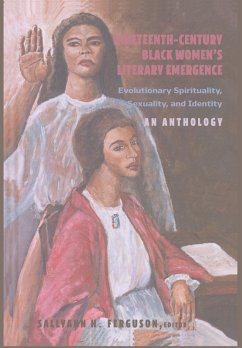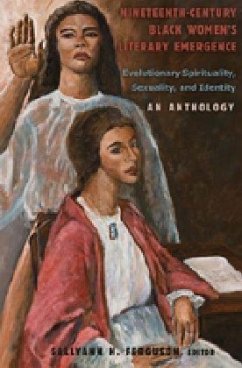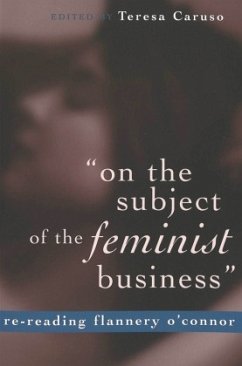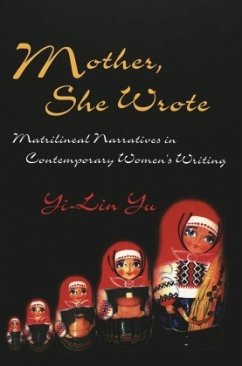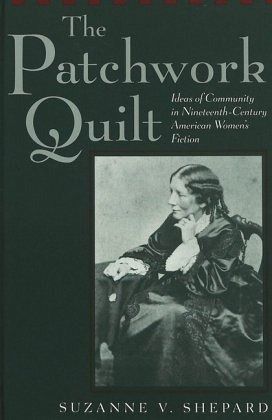
The Patchwork Quilt
Ideas of Community in Nineteenth-Century American Women's Fiction
Versandkostenfrei!
Versandfertig in 6-10 Tagen
49,95 €
inkl. MwSt.

PAYBACK Punkte
0 °P sammeln!
Nineteenth-century American women's patchwork-quilt fiction sought to redefine the concept of "brotherhood", established in Winthrop's "city upon a hill", by providing an inclusive and matriarchal model for the communal experiment that was America. Patchwork-quilt fiction, from such domestic writers as Susan Warner to local colorists like Sarah Orne Jewett, combines realistic detail with women's metaphors like the hearth, home, kitchen, garden, and quilt, to express feminine ideas about community.




